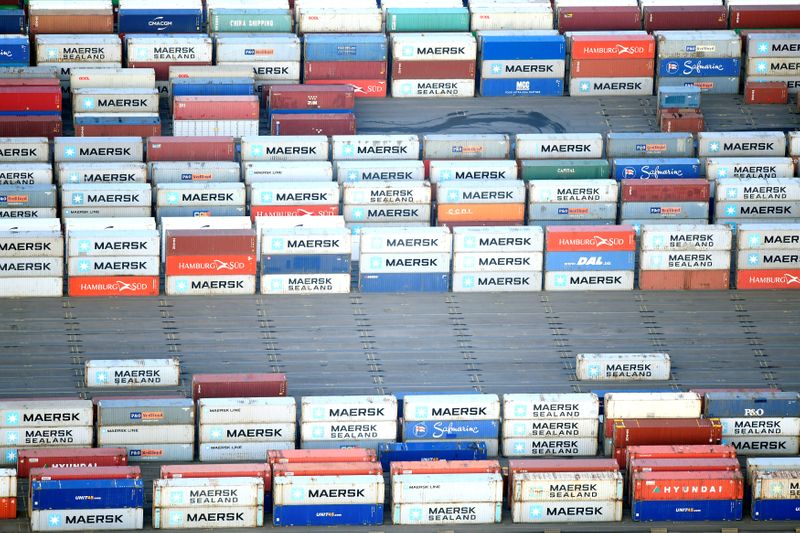BERLIN (Reuters) - Inflation was barely changed in German states in February, data showed on Friday, suggesting the national measure will remain close to but below the European Central Bank's target and pose no threat to its stimulus policy.
The ECB, which targets an inflation rate of just under 2%, has pushed its interest rates to record lows and resumed a 2.6 trillion euro bond-buying programme to counter the fallout of a global trade war on its exporters.
Four ECB policymakers played down the prospect of immediate action to counter the economic impact of the coronavirus epidemic on Thursday, saying it was too early to gauge the long-term implications of the disease.
On Friday, ECB Governing Council member Vitas Vasiliauskas said the bank had a "wait and see approach" and was monitoring the impact of the virus on supply chains.
The euro zone's central bank has fallen short of its inflation target for years. The ECB has also launched a broad review of its policy with the possible aim of redefining its main goal and how to achieve it.
A poll conducted before the release of the regional data suggested German consumer price inflation, harmonized to compare with data from other European Union countries, would register 1.6% in February, unchanged from January.
Nationwide preliminary inflation data are due at 1300 GMT.
In North Rhine-Westphalia, Germany's most populous state, inflation registered 1.8%, unchanged from January. It was unchanged at 1.9% in Hesse, home to financial hub Frankfurt.
In two other states the annual rate picked up while in two states the annual rate eased.
The state inflation readings, which are not harmonized to compare with other EU countries, feed into nationwide figures.
